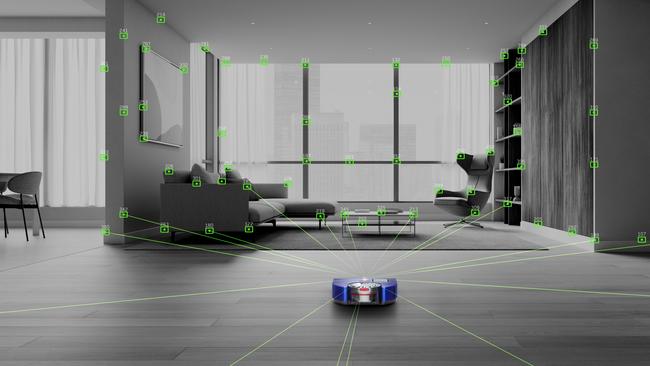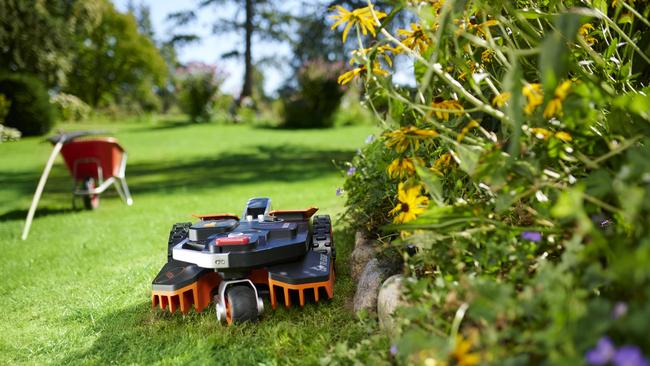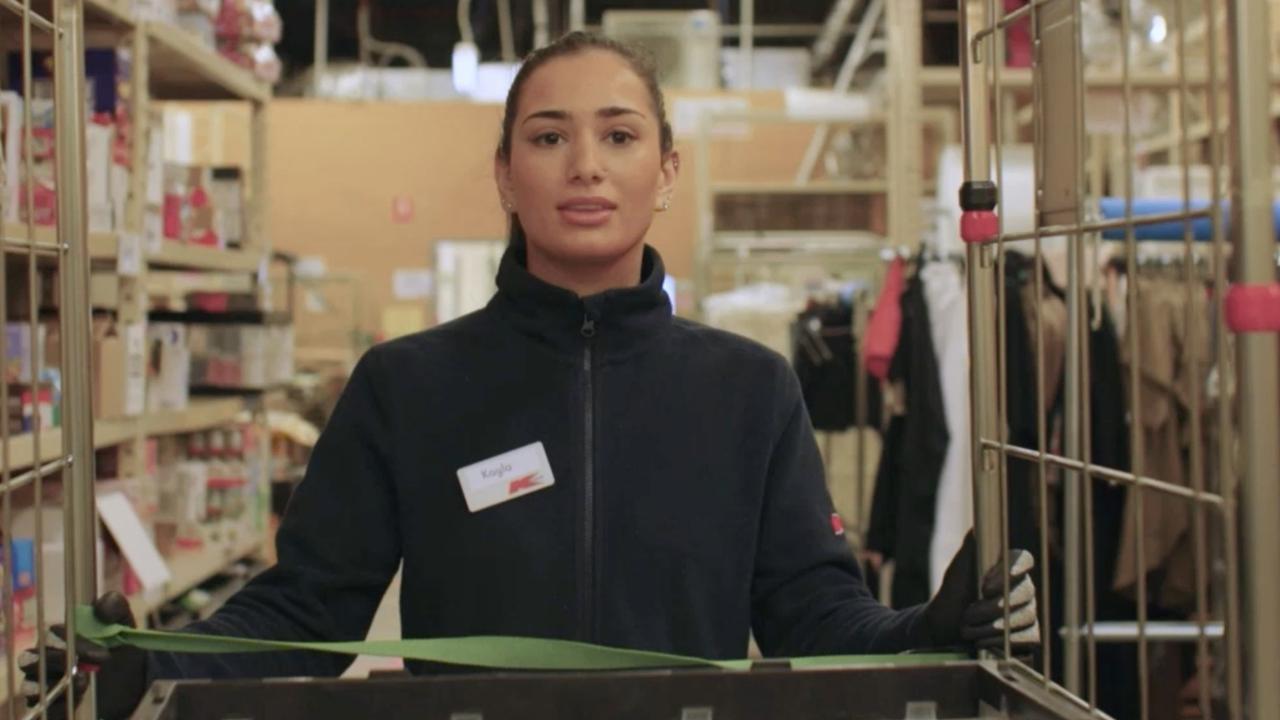How Covid kicked off an AI revolution in the home
AI appliances are no longer considered luxury items as robot cleaning machines go mainstream. See what Aussies are using to save time.
Sponsored
Don't miss out on the headlines from Sponsored. Followed categories will be added to My News.
Covid did more than just bump house prices across Australia, it sparked a home tech revolution, with new consumer data indicating the uptake of AI smart devices was fast-tracked during the pandemic.
Growth D-Stillery’s Moments that Matter: Consumer Tech study found “Covid accelerated digital adoption, making more people lean into technology, across more aspects of their lives”.
Almost 4500 people who had bought a technology product in the last 12 months, or intended to purchase one in the next 12 months were surveyed nationally. Of those, 47 per cent upgraded technology in their home during lockdowns, with even older Australians embracing new technologies in an unprecedented way. The survey found one in two people aged 55 and over now own one or more smart home devices.
While uptake and usage of technology skyrocketed during the lockdowns, it continues to rise. Further 5G deployment is fuelling growth of the Internet of Things, with spending on IoT forecasted to reach US$24 billion in 2026, a growth of 10 per cent over five years.

The survey revealed over 84 per cent believe technology improves productivity and efficiency in work and personal life and while mobile phones and TV’s have topped the list of AI products sought, the smart home movement has extended to just about every white good appliance in the home including AI-powered fridges and washing machines to robotic vacuum cleaners.
When is comes to brand dominance, the survey highlighted Dyson as a market leader. The company’s Dyson 360 Vis Nav is one of the most advanced robot vacuums on the market. It has remote scheduling capabilities and a 360 degree camera to help it navigate around your home.

David Linehan, tech accessories buyer at The Good Guys said AI smart home devices are no longer considered luxury items; they have quickly become the norm.
“It’s an exciting time where we’re seeing technology advancing to the point that creating a smart home is no longer just a luxury. Our customers are embracing robot vacuums and video doorbells, and we’re about to see robot lawnmowers take off too,” he said.
There are various automated lawn maintenance robots with AI intelligence on the market already, with Worx set to launch its Landroid Vision in Australia in December. This next-level piece of machinery works by analysing multiple factors such as temperature, sunlight, and soil composition, and the mower provides a customised treatment plan for the lawn without any guesswork.

“It’s all about convenience. Everyone wants more time back in their day to spend doing the things they really enjoy. AI-driven products allow that. If you can cross cleaning off your to-do list by tasking a robot vacuum with the chore, that’s a huge win for your leisure time.
“Being able to trust smart security cameras to keep an eye on deliveries, unwanted visitors, or even your pets while you’re out, can be very advantageous.”
This year, smart doorbells and security cameras have topped the smart home shopping list, alongside AI-enhanced smart air purifiers with allergen detecting sensors.
A 2023 survey conducted by Telsyte shows that Australian households are expected to have an average of 33 connected smart home devices by 2026 and Mr Linehan said by then, it’s quite logical AI products will have significantly further evolved in that time.
“In turn, our future customers will continue to want greater speed, quality and personalisation of the products they invite into their homes – whether that’s a more advanced smart home security system, a smart fridge that can automatically place grocery orders when their most used ingredients run low, or new iterations of robot vacuums that can move between floors.”
More Coverage
Originally published as How Covid kicked off an AI revolution in the home





